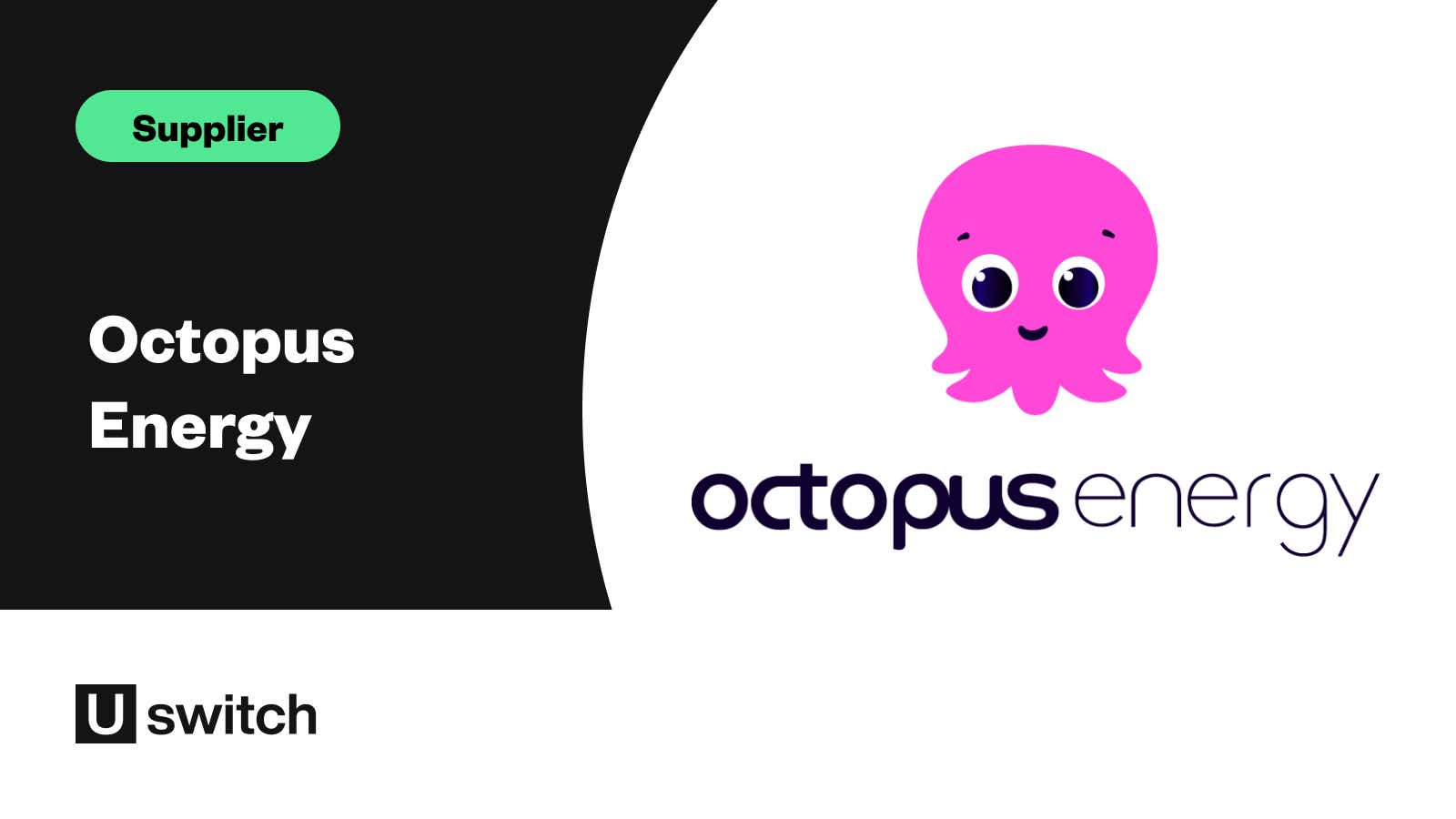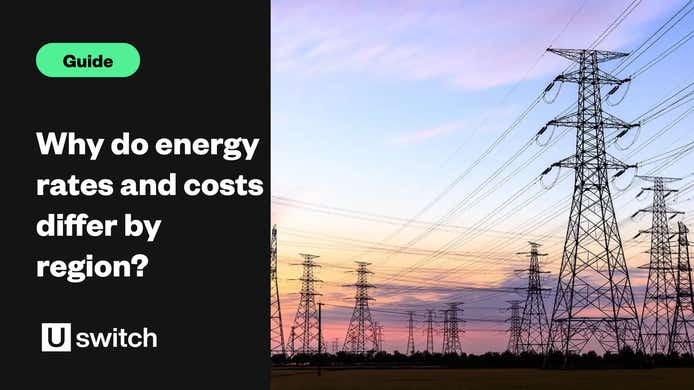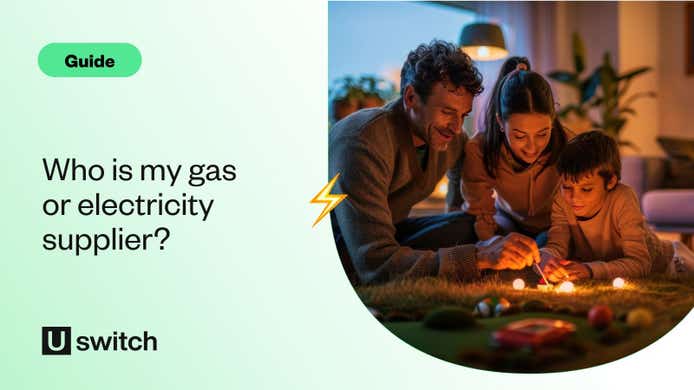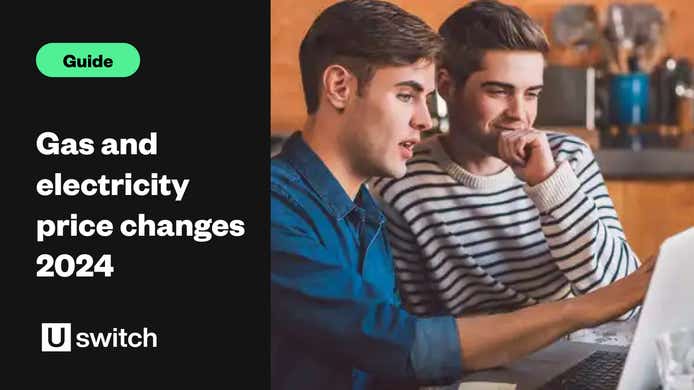Why choose Octopus Energy?
Octopus Energy has grown significantly since its foundation, largely thanks to acquiring the customers of other suppliers that have gone bust, notably Bulb, which had 1.5 million customers when it went into administration, and Shell Energy, which sold its customer base to Octopus when Shell exited the UK retail energy market. Octopus is now one of the biggest energy suppliers in the UK.
The supplier has also invested heavily in energy efficiency measures along with green energy and electric vehicle infrastructure, as well as expanding operations outside the UK to places as far away as Texas.
Octopus Energy also won top prize in Uswitch's 2024 Energy Awards with its customers voting it the best supplier for overall customer satisfaction, with an increase in score from the previous year.
Reasons to choose Octopus include:
- Varied range of tariffs
- Extensive products and services offered outside energy supply
- Award-winning customer service
- Commitment to renewable energy supply and generation.
Octopus Energy 2023 customer rating
In the 2023 Uswitch Energy Awards, Octopus Energy scooped the Overall Customer Satisfaction prize and came second in the Best Value For Money category. As these awards are voted for by customers, Octopus's successes here reflect the high regard its customers have for it as a supplier.
Octopus Energy tariffs
Octopus Energy has a vast range of energy tariffs on offer - at the time of writing, there were 72 available to switch to (across domestic, business, credit and prepayment options). It offers fixed rate and variable tariffs where unit rates are fixed or variable according to the level of the energy price cap. Fixed tariffs are popular with those wanting price certainty over a year or more, while variable tariffs could be the cheapest option for many customers in the wake of the wholesale energy market crisis.
Other Octopus Energy tariffs include the Tracker tariff, which is based on the daily wholesale price of energy, and the Agile Octopus tariff, which has half-hourly rates.
The Octopus Go Tariff is a time-of-use tariff designed especially for households with an electric vehicle, offering cheaper night rates to help make charging more affordable.
Does Octopus charge exit fees?
Octopus charges exit fees on business tariffs but doesn’t tend to do so on domestic tariffs. Customers should check whether exit fees apply to their tariff before they sign up.
Octopus renewable energy
All Octopus energy tariffs offer 100% renewable electricity, with energy needs met by clean, green sources like solar and wind power. To reduce carbon footprints even further, Octopus can offset the carbon emissions from the gas customers use for a few pounds extra each month. In the last year alone, 26,900 tonnes of CO2 have been saved from entering the atmosphere thanks to customers choosing Octopus’ low-carbon energy over an average standard tariff. That's roughly the same climate impact as planting 365 trees for each and every Octopus Energy customer.
Octopus Energy 2024 reviews
Octopus Energy has a TrustPilot score of 4.8 from nearly 286,000 reviews, as of June 2024. Most reviews are overwhelmingly positive, with 89% of the total reviews rating the supplier at the maximum of five stars.
Does Octopus Energy offer energy efficiency products?
As mentioned above, Octopus offers smart meters but also products like smart meters and heat pumps, along with specific electric vehicle charging tariffs. These can be combined with “smart tariffs” that offer lower energy rates at certain times to help customers use energy more efficiently and bring their bills down.
Can I get a smart meter with Octopus Energy?
You can get a smart meter with Octopus. They make thousands of appointments available across the country each week, though they may not be in your area immediately. Customers can register their interest and then be notified when appointments are available in their area.
How do I contact Octopus Energy?
Emails and calls to Octopus Energy are answered by UK-based energy specialists, with average call wait times under a minute.
Octopus has a wide range of guides and FAQ answers on its site, but in the event that you still need to talk to somebody, you can contact its team using the following methods:
- Phone: 0808 164 1088 (Monday-Thursday 9am-5pm, Friday 9am-4pm)
- Email: hello@octopus.energy
If you want support for heat pumps, solar panels or EV chargers, you can call 0808 164 1088.
You can also use a free SignVideo service with BSL interpreters Monday-Thursday 9am-5pm and Friday 9am-4pm.
Does Octopus Energy have an app?
Octopus Energy has an app which acts as a way for customers to manage their energy on the go. Similarly to logging in to an account on a computer, customers are able to see their latest usage and statements, make payments and get help with any problems they're having.
Octopus Energy customers have access to an online account, with features from editing Direct Debit amounts and dates, to entering a meter reading, to managing email and account preferences, requesting a credit refund, and booking a smart meter installation.
How do I cancel my Octopus Energy supply?
If you want to cancel your Octopus Energy supply, you simply need to switch to a new supplier. However, remember that you could end up having to pay exit fees if you’re on a fixed term tariff and haven’t entered the final 49 days of the contract. If you’re on a variable tariff, you’ll be free to switch away at any time.
Which providers are similar to Octopus Energy?
Octopus’s size and range of tariffs and products offered mean it isn’t really comparable to any other providers. Other members of the big six - British Gas, EDF, E.ON, OVO and ScottishPower - would be the closest alternatives to it.
Is Octopus Energy going bust?
It’s extremely unlikely that Octopus Energy is going to go bust given its size. However, the energy market remains challenging and unpredictable at the moment, and there is a certain level of risk to some suppliers - find out why in our energy market Q&A guide.




